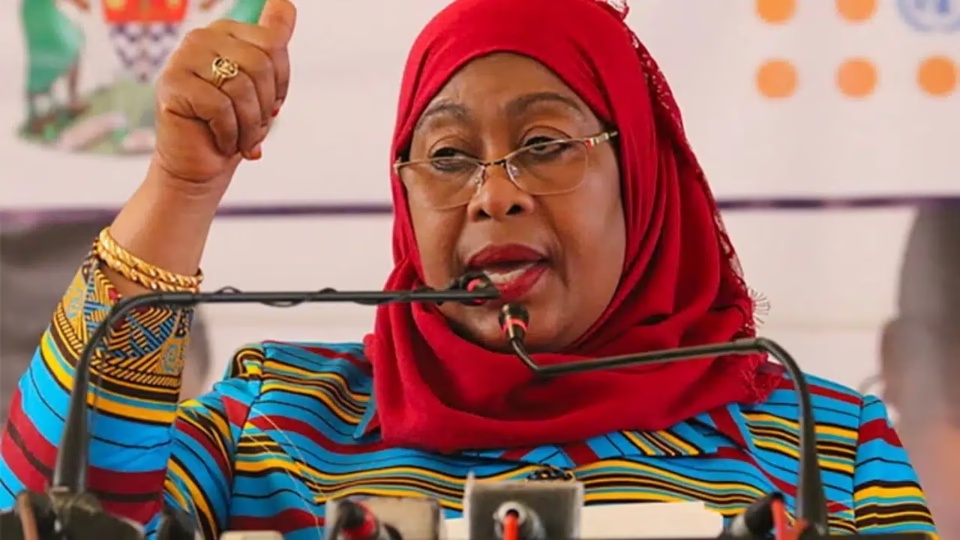Tanzania has officially banned all agricultural imports from South Africa and Malawi, escalating an ongoing trade dispute in the region.
The move, announced by Agriculture Minister Hussein Bashe on Wednesday, is a response to longstanding restrictions against Tanzanian produce by both neighboring Malawi and regional powerhouse South Africa.
“We are taking this step to protect our business interests. This is business – in business, we must all respect each other,” Bashe said.
South Africa has maintained a long-term ban on Tanzanian bananas, while Malawi imposed temporary import restrictions in March on several Tanzanian goods, including flour, rice, ginger, bananas, and maize. Malawi’s trade ministry said the measure was intended to shield local producers from foreign competition.
“It is a strategic move to create an environment where local businesses can thrive without the immediate pressure of foreign competition,” said Malawi’s Trade Minister Vitumbiko Mumba.
In response, Tanzania’s Bashe criticized the restrictions as “unfair and harmful,” insisting that Tanzania would not sit idly by as its traders suffered.
On Thursday, the usually busy Kasumulu border post between Tanzania and Malawi was noticeably quiet. Fewer trucks than usual were seen crossing the border, and many drivers remained stranded.
“Drivers are now trying to find alternative products to transport. It’s been very difficult for them,” said Happy Zulu, a local trader.
Photos and videos shared on social media by Minister Bashe showed spoiled produce – including piles of rotting bananas – stranded at the border.
Tonnes of tomatoes have also reportedly gone to waste due to the restrictions, aggravating tensions.
The fallout could have serious implications for trade within the Southern African Development Community (SADC), of which all three countries are members. Malawi, which is landlocked, heavily relies on Tanzania’s port in Dar es Salaam for exporting goods like sugar, tobacco, and soybeans.
If relations deteriorate further, Malawi may be forced to reroute exports through more costly Mozambican ports like Beira and Nacala.
South African exports, especially fruit such as apples and grapes, are also likely to suffer from the Tanzanian import ban.
Despite the growing tension, Bashe assured citizens the move wouldn’t threaten domestic food security.
“No Tanzanian will die from a lack of South African grapes or apples,” he said. “We are taking these actions to protect Tanzanian interests.”
He emphasized that the ban is not an act of aggression, but a necessary response to unequal trade practices.
“Tanzania will not continue to allow unequal market access to persist at the expense of its people.
While diplomatic negotiations continue behind the scenes, no statements have been made by either Malawi or South Africa in response to Tanzania’s latest move.
This standoff comes at a critical time for the African Continental Free Trade Area (AfCFTA), launched four years ago with hopes of fostering economic unity across the continent. The current dispute highlights the persistent challenges of balancing national protectionism with regional integration.



